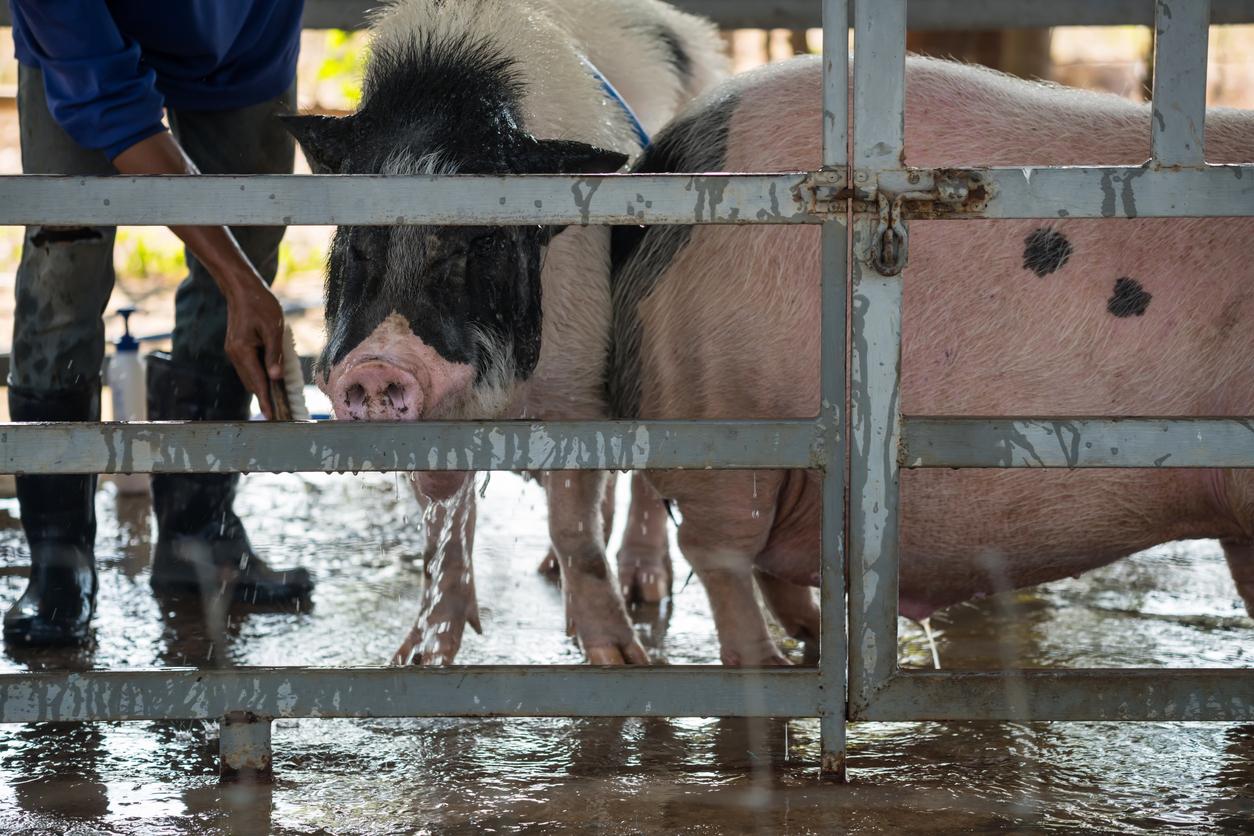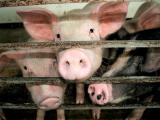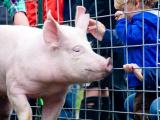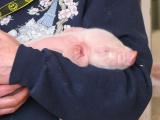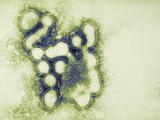Michigan health officials yesterday reported a presumptive positive human variant H3 influenza case that involves an individual from Lapeer County who exhibited at the Oakland County Fair, which took place July 7 though16. In a statement, the Michigan Department of Health and Human Services (MDHHS) said a sample will be sent to the Centers for Disease Control and Prevention for confirmation testing.
In related zoonotic flu developments, researchers who tracked 2009 H1N1 flu virus transmission from people to pigs found hundreds of introductions since 2009, with at least 5 jumps back to people.
Case announced after fair pigs showed symptoms
The patient was an exhibitor at the fair. If the CDC confirms the case, it would likely mark the first variant H3N2 (H3N2v) infection of the summer. While swine influenza viruses are known to circulate in pigs throughout the year, transmission to humans is relatively rare but can occur, mainly in those who have close contact with the animals. Limited human-to-human spread, though not sustained, has been reported in past years.
The announcement about the human case comes after a July 17 announcement from Oakland County about the detection of influenza A (swine influenza) in several pigs at the Oakland County Fair. The pigs began showing illness symptoms on July 14, which prompted closure of the swine barn that evening and monitoring of people who were exposed, including exhibitors and fair staff. Officials also warned the public about potential exposure.
Multiple fair-linked outbreaks were reported in 2012, which resulted in 309 cases. Similar sporadic cases continue to be reported, especially during county fair months. For the 2021-2022 flu season, the CDC reported five H3N2v cases.
Study finds 2009 H1N1 flu virus jumped from humans and pigs nearly 400 times
In other zoonotic flu developments, researchers from the US Department of Agriculture who examined transmission of the former pandemic virus, now a seasonal flu strain, between people and pigs from 2009 to 2021 found that it has passed from humans to pigs 370 times, mostly when the virus burden was high in people. The team reported its findings today in PLOS Pathogens.
Though 2009 H1N1 circulation in humans declined during the 2020 and 2021 COVID-19 pandemic years, the virus continued to circulate in pigs. Most human-to-swine passages were isolated, but some led to sustained circulation of different 2009 H1N1 lineages in pigs. During the study period, they found at least five jumps from pigs to people.
The 2009 H1N1 viruses in pigs were a poor match with seasonal flu vaccines. The authors said the findings add support for managing influenza A infections in people who have contact with swine to help prevent transmission to pigs and spillovers back to people.
